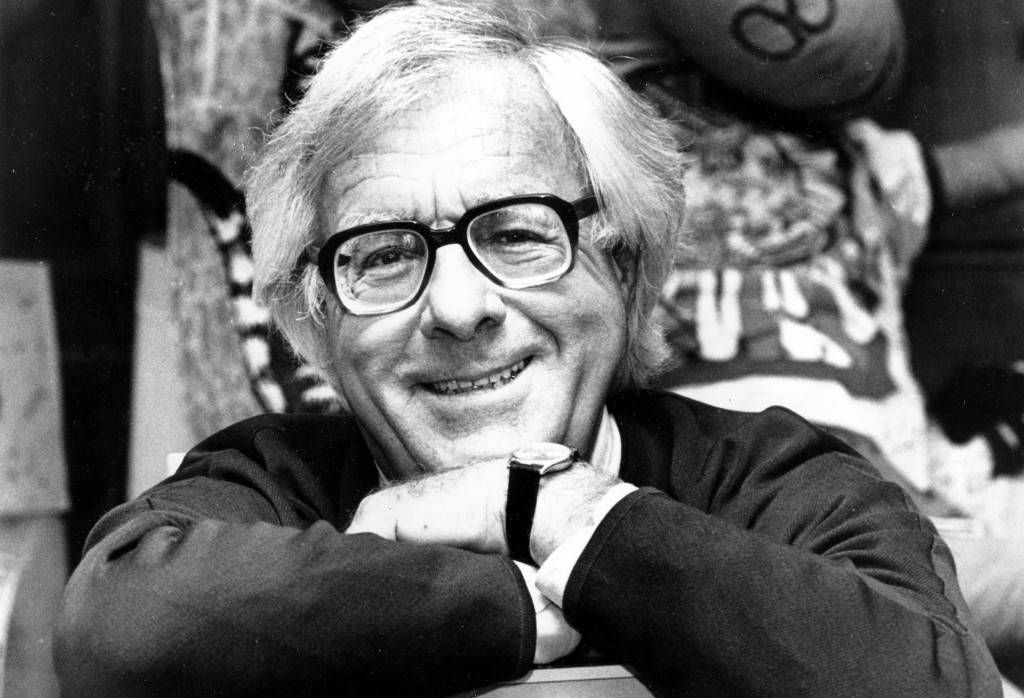
The Dangers of Reading About Writers
There’s an old adage which warns, “Never meet your heroes,” lest you discover them to be human and they disappoint. Even if they don’t disappoint, they stop being heroes and become humans. Personally, I don’t find that to be a bad thing at all. I’m both an artist and a human, and I like that somewhere out there, my heroes are also artists and humans. It’s a lot more fun than putting them on pedestals.
There’s a related hazard, though: What if you meet your heroes and it turns out you don’t like them much as human beings? It happens all the time to some people. That’s why another old adage goes, “Love the art, not the artist.” The art is what you see. The artist can not only sour you, but can sour you to the art.
It doesn’t affect everybody, as I discovered when I began exploring the issue, but it does affect me. I’m no good at emotional distance from anything, let alone people I admire.
There are so many examples to choose from, just from my personal bookshelves. There’s the brilliant short story and nonfiction writer who has written some amazing work, who has had a huge influence on my ability to write (particularly on my ability to write articles, I’d like to say). His collections of short fiction are powerful and brave and angry and amazing, pretty often. He is also an amazing reader of his own work, and I carry collections of him reading his stories around on my iPhone all the time.
But…he’s also loud and abrasive, to put it mildly. He makes enemies faster than he makes friends. He does not have opinions on topics, he issues Final Judgements upon them, whether he knows anything about the topics or not. Worst of all, though, his teeth-bared approach to dealing with some people frequently falls out of being “bold” and just becomes “bully,” and I can’t cope with that. I go long periods without reading his work, and when it happens, it’s never because I’ve become tired of the fiction and nonfiction itself; it’s because the author has overshadowed them and I have to step away.
Another example: a science fiction author, world-renowned, of whom I owned a whole shelf of hardcovers that I adored. He also wrote clear-eyed and sharp articles on the act of writing itself, and they were very smart and very useful, very much worth passing on. But somewhere in there, he became vocally homophobic in a lot of weird and unpleasant ways, and that was too much for me. I sold all of my books from him. There was no going back. I was sad to sell them, but I sold them nonetheless.
(Ray Bradbury was a close call. Toward the end of his long and astonishing life, he became more and more vocal about politics and all sorts of real-world matters, in a way that was uncomfortable to quite a lot of people. The red alert klaxons went off in my head, and I steered far away from interviews. He is so amazing a writer and so dear to my heart, I couldn’t bear to lose him. I still have him, but I have to admit, I did fly a little too close and singe my wings a bit…)
So what am I saying? Do I expect all my authors to be moral paradigms now? If you wrote a book I like, should you be high-tailing it to a monastery, lest you put off my judgments? Should I really be putting the art and the artist on two ends of a scale and deciding what to do based on which way it tilts?
The answer, of course, is not at all. That’s rubbish. I like my artists to be people, and even the best people are slightly disastrous when you examine them from certain angles. It can’t be helped, nor should it be. No, it’s a character trait in me and nothing else. I know some readers who are perfectly aware of the parts of the artists’ personalities that they disagree with, and yet continue to read the work. They can separate the two. I can’t, that’s all.
I also think it’s an interesting problem in this ‘yere big, wonderful, modern world of hyper-communication we now live in. If I read a book by someone I like, the odds are I can go online and read interviews and blog posts, watch videos, possibly even watch them get slightly drunk and ramble on Twitter. I am closer to the artists than I ever could have been before. I think that’s absolutely fantastic, and I think it absolutely has side-effects.
There’s the upshot, too. I began reading Haruki Murakami, for example, solely because I liked him and his interviews. It goes both ways, is what I’m saying.
It all boils down to this. When it comes to information about artists you enjoy or admire, handle it with care.
















